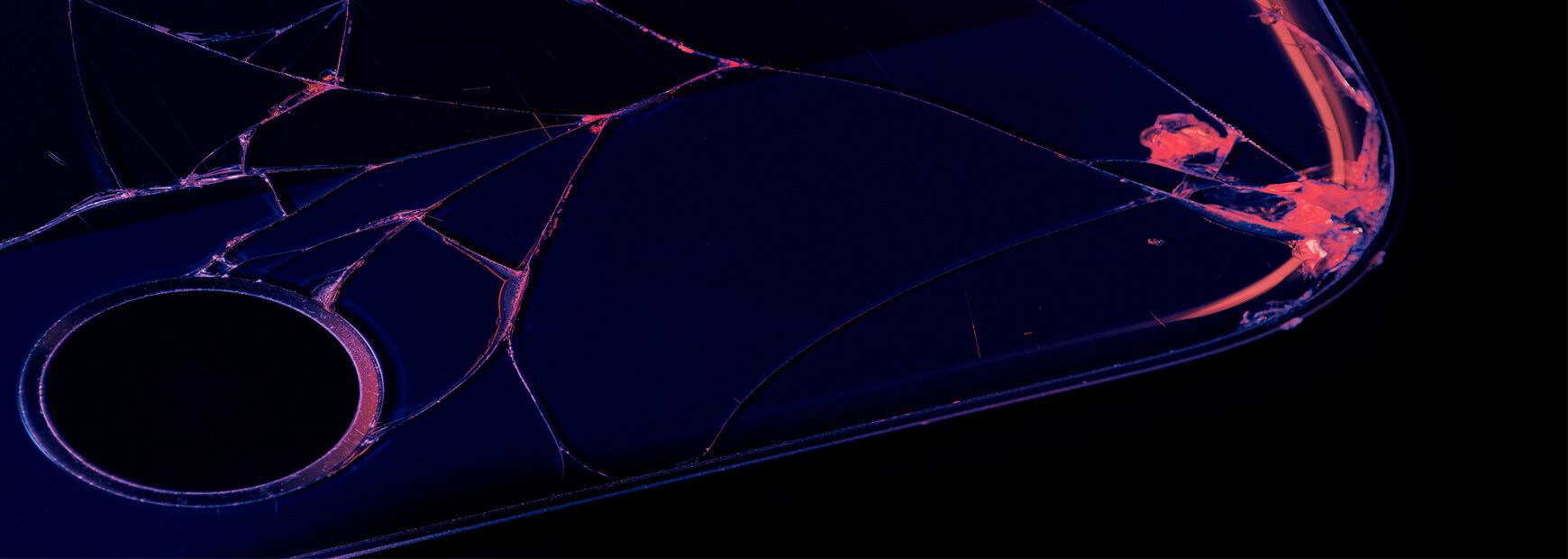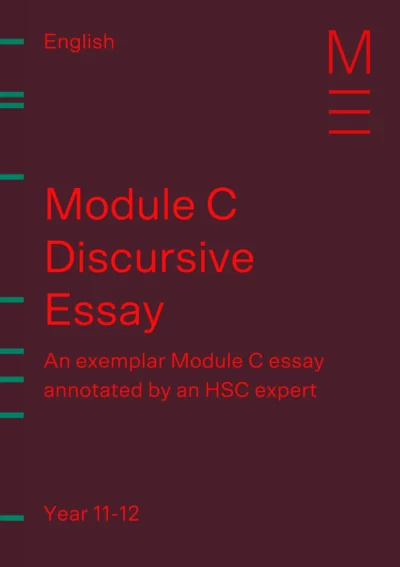Welcome to Matrix Education
To ensure we are showing you the most relevant content, please select your location below.
Select a year to see courses
Learn online or on-campus during the term or school holidays
Learn online or on-campus during the term or school holidays
Learn online or on-campus during the term or school holidays
Learn online or on-campus during the term or school holidays
Learn online or on-campus during the term or school holidays
Learn online or on-campus during the term or school holidays
Learn online or on-campus during the term or school holidays
Learn online or on-campus during the term or school holidays
Learn online or on-campus during the term or school holidays
Learn online or on-campus during the term or school holidays
Select a year to see available courses
Science guides to help you get ahead
Science guides to help you get ahead
The HSC Paper 2 Module C question can require you to write a discursive response and a reflection statement. In this post, we share Year 12 student Carmen Zhou's exemplary discursive essay and reflection so that you can see what you need to produce to attain a Band 6 result.

Join 75,893 students who already have a head start.
"*" indicates required fields
Related courses

Join 8000+ students each term who already have a head start on their school academic journey.
For Paper 2 in the HSC, you’ll possibly need to do more than just write a discursive essay. You’ll also have to write a reflection statement or rationale to accompany it. This adds an additional layer of complexity to Paper 2. After all, you only have 40 minutes and you need to produce an essay and reflection. But what are they meant to look like? How are you supposed to write that on the spot? Below we’ve shared an exemplary HSC paper 2 discursive essay and reflection to an HSC Module C style question.
In the new syllabus, the Module C HSC question can have multiple components. The sample paper provided by NESA includes the following question:
Example C (20 marks)
(a)
“Then, although it was still the end of the story, I put it at the beginning of the novel, as if I needed to tell the end first in order to go on and tell the rest.”
Lydia Davis, The End of the Story: A Novel
Collected Stories by Lydia Davis
© Lydia Davis (Penguin, London)
Use this sentence as a stimulus for the opening of an imaginative, discursive or persuasive piece of writing that begins with the end.
In your response, you must include at least ONE literary device or stylistic feature that you have explored during your study of a prescribed text in Module C. (10 marks)
(b) Explain how at least ONE of your prescribed texts from Module C has influenced your writing style in part (a). In your response, focus on ONE literary device or stylistic feature that you have used in part (a). (10 marks)
As you can see, this question requires an imaginative, discursive, or persuasive response and a rationale. This kind of question poses a few different problems to students:
Practice.
These kinds of questions and responses require you to be comfortable and confident in writing in a variety of modes. The sample question above offers you the option of responding in different modes. However, you can be asked to respond in a particular mode: for example, a discursive essay.
So, to get confident with writing in these modes, you need to write practice responses to practice questions. You should do these to a time limit, so you can be sure you know how to plan your time and produce a response in the time limit.
For the Year 11 Module C term course, Matrix students face a mock HSC Paper 2 question. This helps them practice and develop their skills before they sit exams in school.
To help you understand how to approach a discursive essay we’ve put together some resources for you:
Let’s take a look at a question and an exemplary response written under exam conditions.
At Matrix, we provide you with clear and structured lessons and quality resources to ask your Matrix teachers questions for feedback.
Instructions
(A)

Use the image above to write an imaginative or discursive piece of writing. (12 marks)
(B) Explain the decisions that you have made in your writing in part (a). (8 marks)
Now let’s take a look at an exemplary response from a Year 12 Kingsgrove North student, Carmen Zhou. You can download the essay with a reflection and annotations after her response.
The best thing about technology is the worst thing about technology. The ability to connect with the rest of the world has a sense of awe that is bigger than any individual. However, the inability to truly connect with people is what is destroying us. We have been constantly following trends, celebrities and hundreds of our “friends” but how much do we really know about them? The sense of scale of the internet is overwhelmingly interesting, but it can be a cruel place. It can provide support from strangers and the joy of constant stimulation, but it can be addicting. it is a network of people, but not everyone is good. All this available from the tap of our phones. It’s great but someone can get lost if they don’t have a map to travel through the great maze that is the internet, shattering their self-image in the process.
Phones are a form of technology that has no age restriction and are highly addictive. What’s the difference between phones when you compare them to alcohol or drugs or tobacco? These all have restrictions. And there is a reason why these have restrictions: they can ruin shatter a person’s sense of self and ruin their lives as they fall into addiction. So, why don’t phones have an age restriction? Why should we let our youth, our friends and peers, ourselves, be consumed by a device that has proven links to depression and suicide? Addiction. Addiction. Addiction. Let’s be honest, it’s hard to stop because it’s so hard to change course, it’s so much easier to give up. And yet, in the face of this, kids as young as ten are still allowed to own these things.
The internet is a chaotic mess, you can think of it as the aftermath of a ball thrown through a window and scattering broken glass across the floor. We all want to look out that window, but getting to see the view is dangerous, nobody wants to clear up the sharp mess on the floor. Sometimes the mess isn’t too bad, the glass doesn’t always cut but reflects light into all sorts of places you never knew existed before. People can learn about and try to connect through movements – gay rights, feminism, pay equality. The internet can be a place where people can get truly inspired and join a cause that is important to them. In this sense, the internet builds self-image and self-worth. Yet, the bad is just as prevalent as the good. Sexual predators, catfishers, trolls. The bad exists. Unfortunately, it does. It’s there, and as far as I can tell, it will always be there. People are more cruel when hiding behind a screen, it’s a fact of nature: we talk behind people’s backs and gossip. It’s a normal, if unfortunate, part of humanity. And, so, if we are ill-equipped to deal with these situations… well the internet isn’t so great, is it?
The rise and fall of trends, the changing faces of celebrities, these are filters we use to make our self-image. We may not like to admit it but, yes, we craft our self-image out of these things. Not our actions. Not our words. Not our ability to converse with people. It becomes about how good the filter is, how good our conformity, how many likes we can get and how many “friends we have.” It’s a constantly changing place and everyone is just going with the flow, never finding stability in how they perceive themselves.
The key to resolving this situation is finding a balance. We call the internet our “virtual reality”. And, as with reality, there is both the good and the bad. The key is learning how to balance the use of our phones, of social media, and all the wonderfully horrible things that are so easily accessed with just a tap on the screen. Whether I like it or not, the internet is now an important part of the world and whether you like it or not it, the internet is now an important part of how you perceive yourself. What do you do? Find your balance. Does this mean fifty-fifty? Probably not, everybody is different. The internet is a huge place, but if you don’t want to get crushed by the weight that is the internet, you will find a way to get balance. Because the best thing about the internet is the worst thing.

Learn why this high-scoring discursive response impresses HSC markers!

Fill out your details below to get this resource emailed to you.
"*" indicates required fields
Written by Guest Author
We have regular contributions to our blog from our Tutor Team and high performing Matrix Students. Come back regularly for these guest posts to learn their study hacks and insights!© Matrix Education and www.matrix.edu.au, 2025. Unauthorised use and/or duplication of this material without express and written permission from this site’s author and/or owner is strictly prohibited. Excerpts and links may be used, provided that full and clear credit is given to Matrix Education and www.matrix.edu.au with appropriate and specific direction to the original content.